Hotel quarantine inquiry: Hotel guards’ profile ‘fed into second wave’
The use of private security guards in Victoria‘s hotel quarantine program may have contributed to outbreaks linked to the state’s second wave.
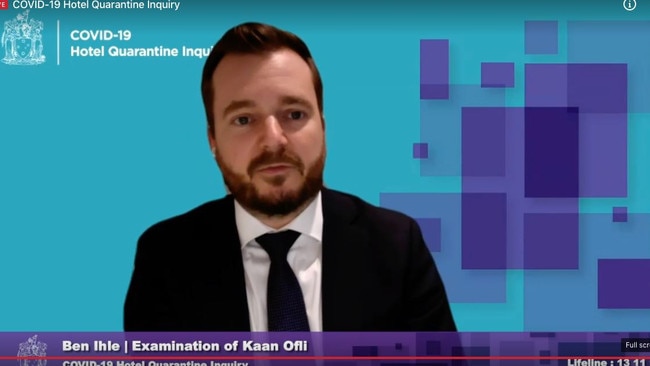
The use of private security guards in Victoria‘s hotel quarantine program may have contributed to outbreaks linked to the state’s second wave, with contact tracing efforts hampered by guards living in crowded accommodation as well as language and cultural barriers, health officials have told an inquiry into the scandal.
According to the statement of senior medical adviser Clare Looker, which was shown to the inquiry on Tuesday, the young, healthy and socially active guards were reluctant to undergo testing, while language barriers and a general distrust of government saw them less than forthcoming in interviews with contact tracers.
“Social and health vulnerabilities in the security guard cohort meant that many of our usual outbreak control measures were more difficult to implement and have success with,” Dr Looker said. “For example, many of the guards live in crowded, dense accommodation and are reluctant to accept our offer of alternative accommodation.”
Infection control breaches at the Rydges on Swanston and Stamford Plaza hotel quarantines programs have been linked to 99 per cent of Victoria’s second-wave coronavirus cases, which have killed more than 660 people.
According to a review into the Rydges on Swanston outbreak undertaken by the Department of Health and Human Services, there was a “high risk of transmission from COVID-positive cases being detained in the hotel to the staff working at the hotel”.
“This is due to the inadequate education and cleaning procedures that are currently in place.”
The inquiry heard security guards were asked to clean the communal areas at the Rydges on Swanston, including lifts used by returned travellers, and did not use strong-enough cleaning products. The review further found it was possible the environment was contaminated and identified as at risk of contracting COVID-19 hotel staff, DHHS employees and nurses, with a further risk of transmission to partners and housemates.
The inquiry heard a nurse who would test positive and be treated in intensive care worked at the Rydges on May 24, and at the Marriott Hotel on May 25 and 26.
Deputy Public Health Commander Simon Crouch said it wasn’t clear if transmission occurred because of contamination in the environment, and said it wasn’t practice to quarantine all staff in response to one or two confirmed cases. “It would make sense with what we know now to quarantine the staff working across that period,” he said.
When counsel assisting Ben Ihle asked Dr Crouch if the window between May 26 and May 29 represented a “lost opportunity” to take more decisive action, he said: “If there were a broader group of staff who were quarantined at that time, that may have helped prevent wider spread of the virus.”
The inquiry heard eight positive cases among workers at the Rydges on Swanston had been linked to 90 per cent of Victoria’s second wave, while 26 cases at the Stamford Plaza had been linked to 9 per cent of cases.
Sarah McGuiness, a senior medical adviser with the DHHS during the hotel quarantine program, said all staff at the Stamford were stood down on June 17 after a positive case was confirmed there the previous night.
When Mr Ihle asked Dr McGuiness if the “swift and decisive” action taken at the Stamford was responsible for the difference in community transmission linked to the two hotels, she said “every outbreak offers opportunity for learning and improvement”.


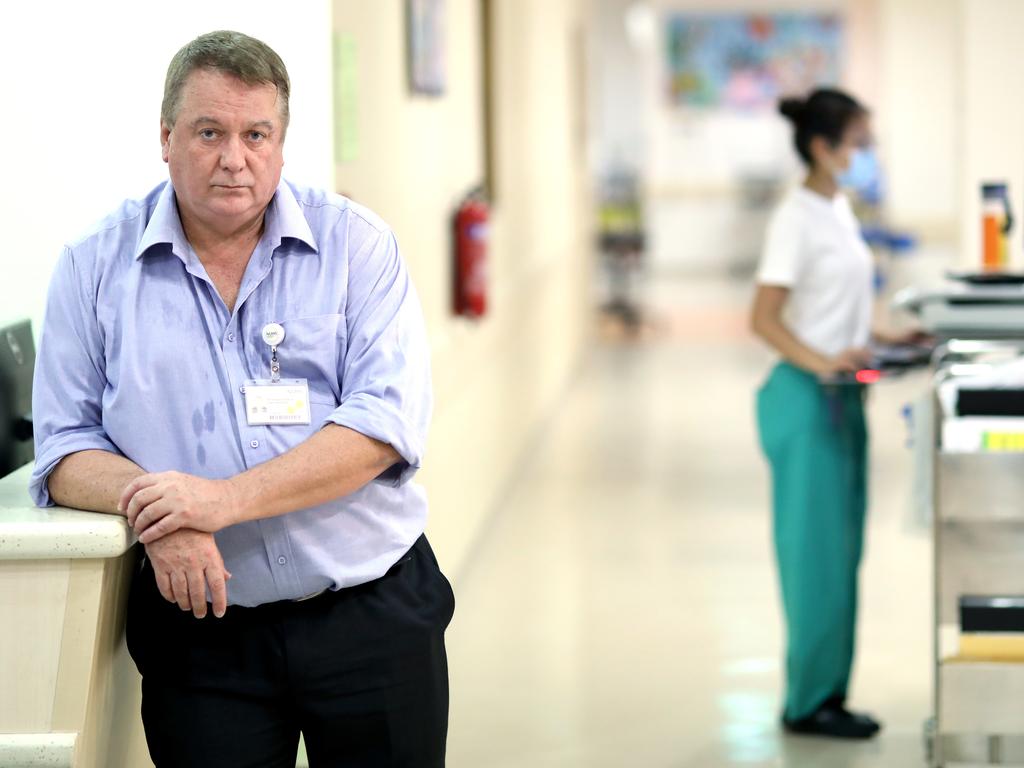
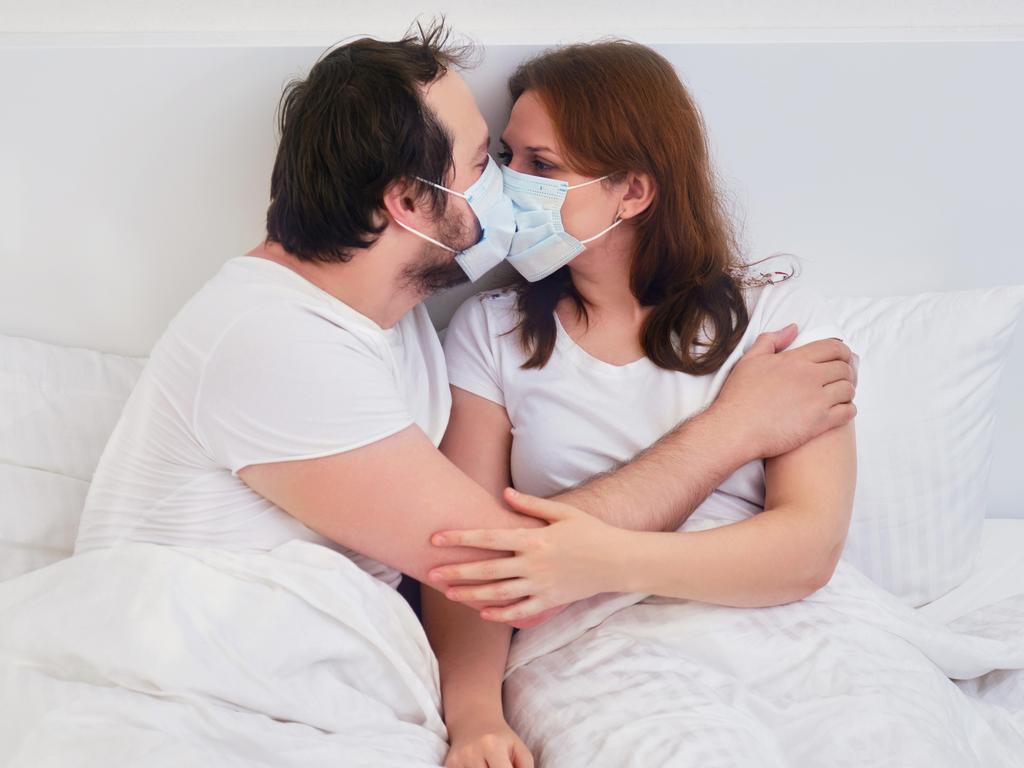
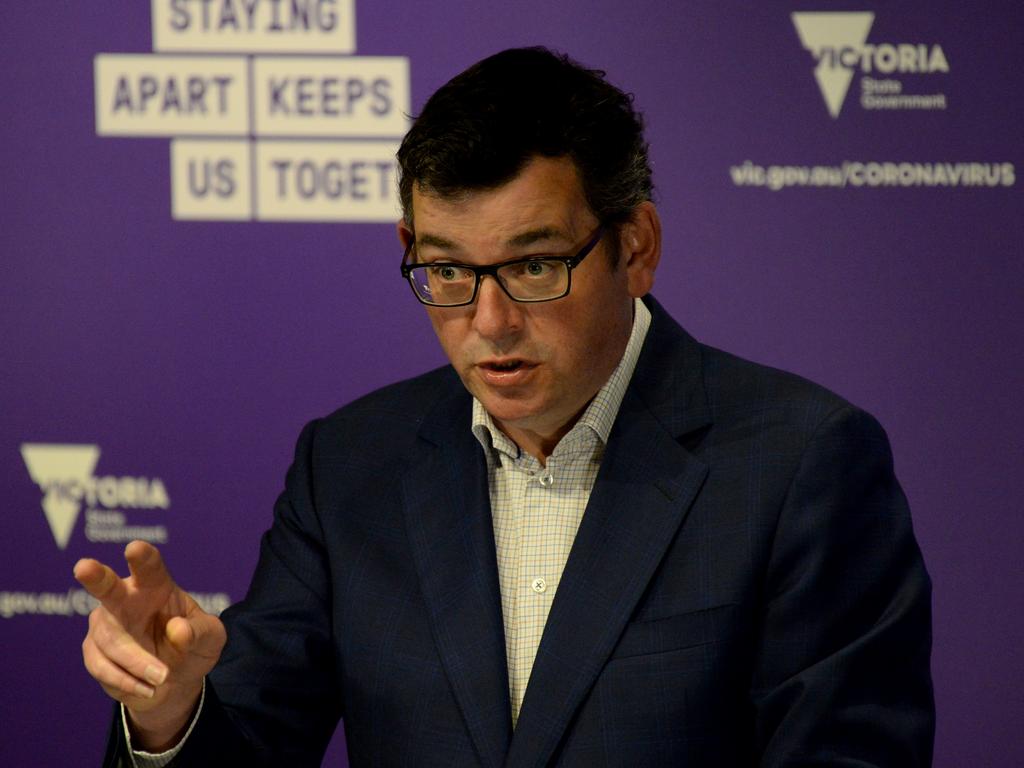
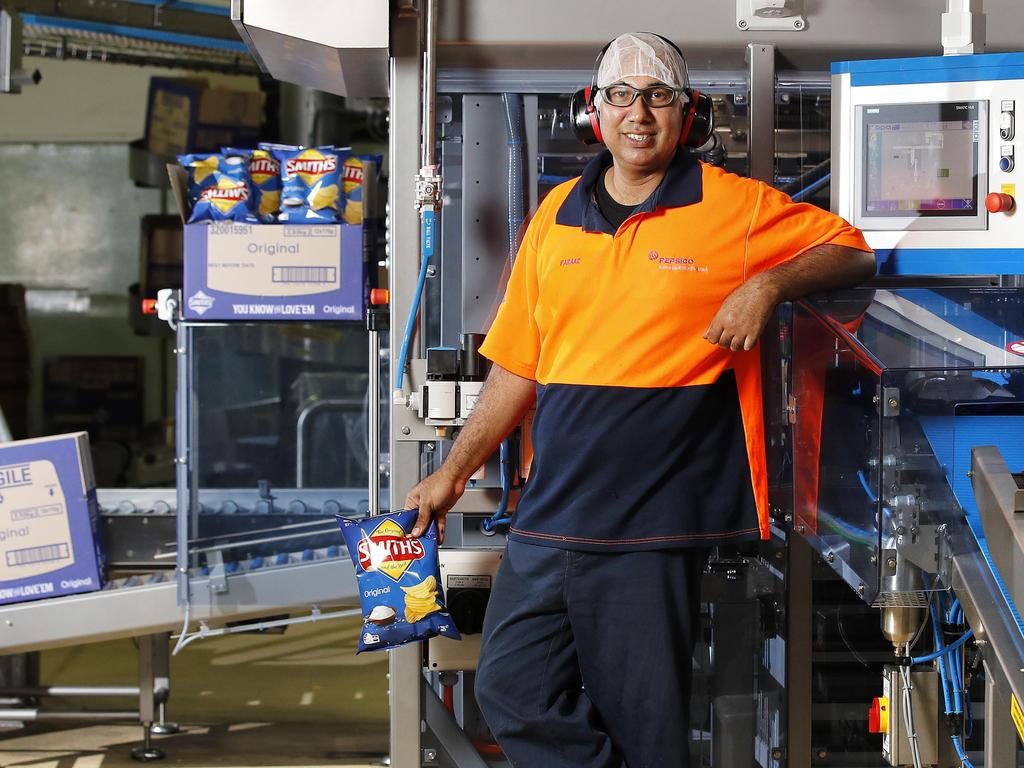


To join the conversation, please log in. Don't have an account? Register
Join the conversation, you are commenting as Logout